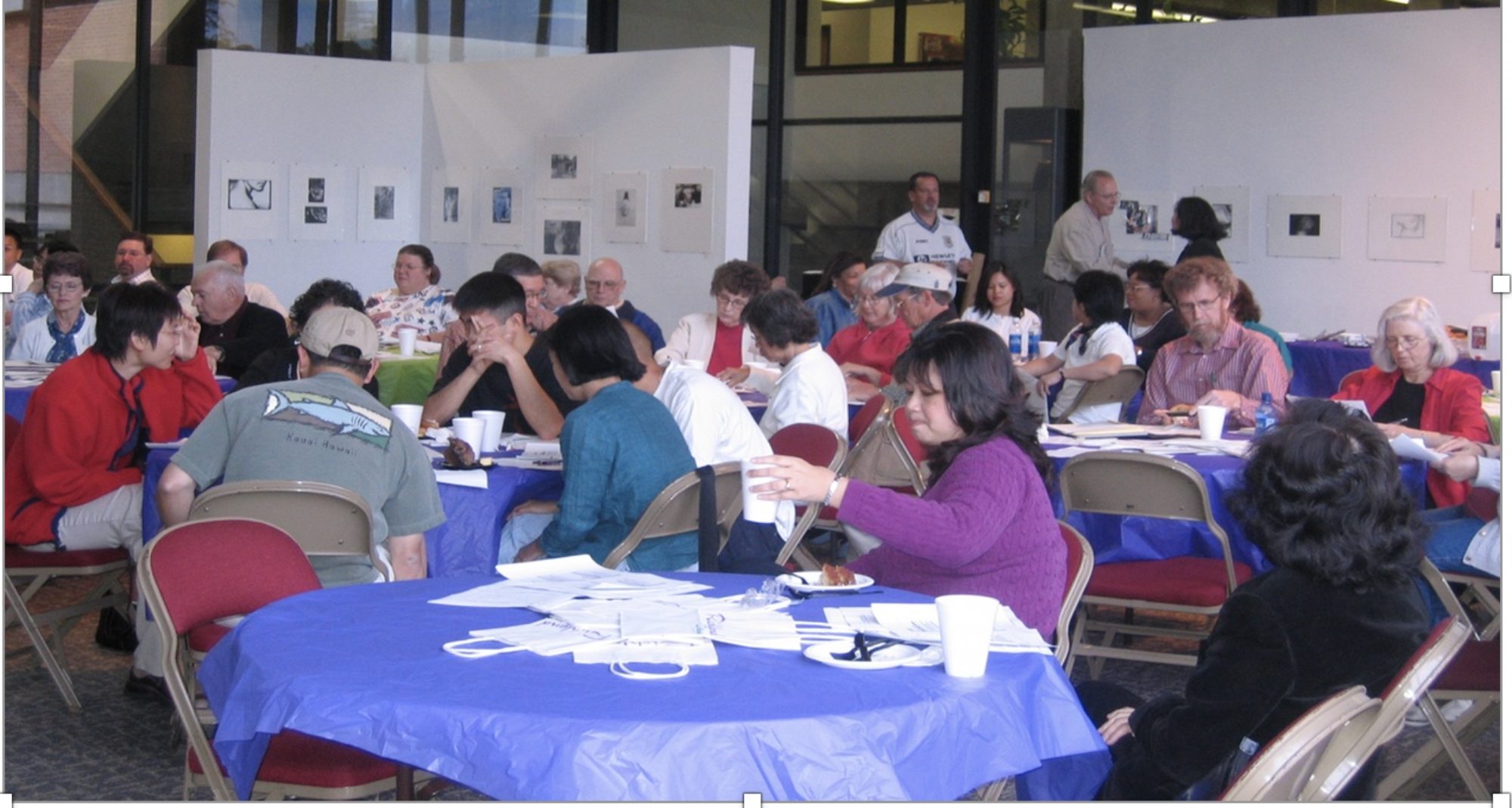Dr. So at The University of New Mexico
Please click here to visit the website of The University of New Mexico
My Teaching Philosophy
My teaching philosophy is profoundly influenced by my experience as an adult immigrant in the U.S. and a non-traditional college student. For me, a college education is not merely about earning a degree or acquiring specific job-related skills, it is also about broadening one’s horizons and understanding the importance of civic engagement. This informs my teaching.
My primary goal in teaching sociology is to help students to better understand the influence of culture and socialization on group behavior and the impact of the social, political, and economic environment on individual lives. Thus, a student can see how sociology relates to their daily lives. In addition, my courses are designed to encourage their dedication to their goal such as their academic success in college, to cultivate their critical thinking skill, and to maintain a positive attitude in life despite hardship.
Regardless of personal background, any entering first-year college student needs to adapt to the structure, standard, and schedules of college life. Structure pertains to classroom management and curriculum delivery. Standard relates to the quality of the curriculum. Schedule is about the timetable of assignments, quizzes, and exams. As a college professor, I seek to provide students opportunities to cultivate certain practical essential skills such as communication, critical thinking and citizenship while teaching the course material. To this end, I distribute a memo I prepared titled “Course Success Tips 101.” A previous version was also posted by the UNM University College on its Academic Communities webpage: http://firstyear.unm.edu/common/documents/millennial.pdf.
Teaching from a holistic perspective, I approached my students with the mindset that they all want to learn. First and foremost, I am keenly aware that students’ background affects how they learn, just like my background impacts how I teach. Thus, I ensure the learning environment is inclusive and that all students feel included and respected. To teach effectively, I have to be culturally sensitive and respectful of students’ background.
Secondly, I am fully cognizant that most students do not care how much we, as professors, know, until they know how much we care. As such, I meet with each student one-on-one at the beginning of each semester, to establish a rapport. Understanding their background is the first step to get to know them on a personal level. I also show them that I care and want them to succeed in my class by helping them understand how they learn and retain information.
Last but not least, in addition to setting high standards for students, I keep them engaged in their own learning, both inside and outside of the class sessions. To this end, I regularly assign reflection learning journals to develop students’ self-awareness and to help them communicate effectively.
To me, teaching is a journey. Every semester, I learn how to teach more effectively as much as my students learn about the world around them. More importantly, I encourage them to cultivate a habit of critical thinking and practice their communication skill, both verbal and written, even after they leave my class.
My Recent Workshops
2024
Instructor’s Role in Course Success: Mentoring & Monitoring 30th International Conference of the International Society for the Scholarship of Teaching & Learning
2023
An Alternative Model for Program Assessment in Community Colleges: Monitoring Students’ Annual Progress. Assessment Institute, Indiana University.
2022
It Takes a College to Graduate a Student: Connecting Program-level Assessment to Student Success. 2022 Hets Best Practices Showcase, Hispanic Educational Technology Services. San Juan, Puerto Rico.
Using a Jigsaw Classroom to Engage First Year College Students. 29th International Conference on Learning. Valencia, Spain.
2021
It Takes a College to Graduate a Student: Connecting Scholarly Teaching with Program-level Assessment. 2021 Annual Conference of the International Society for the Scholarship of Teaching & Learning . Perth, Australia.
- The Starting Point of Program Assessment. Office of Assessment, UNM
2020
- What is SoTL and Why? Center for Teaching and Learning, UNM-Valencia
- Fostering a More Inclusive Learning Environment. Center for Teaching and Learning, UNM
- Raising Cultural Awareness. Associated Students of UNM
- Oh! That Syllabus, That Darn Syllabus. Center for Digital Learning, UNM
- Jigsaw Classroom. New Mexico Higher Education Assessment and Retention 2020 Conference
My recent article at the American Diversity Report
